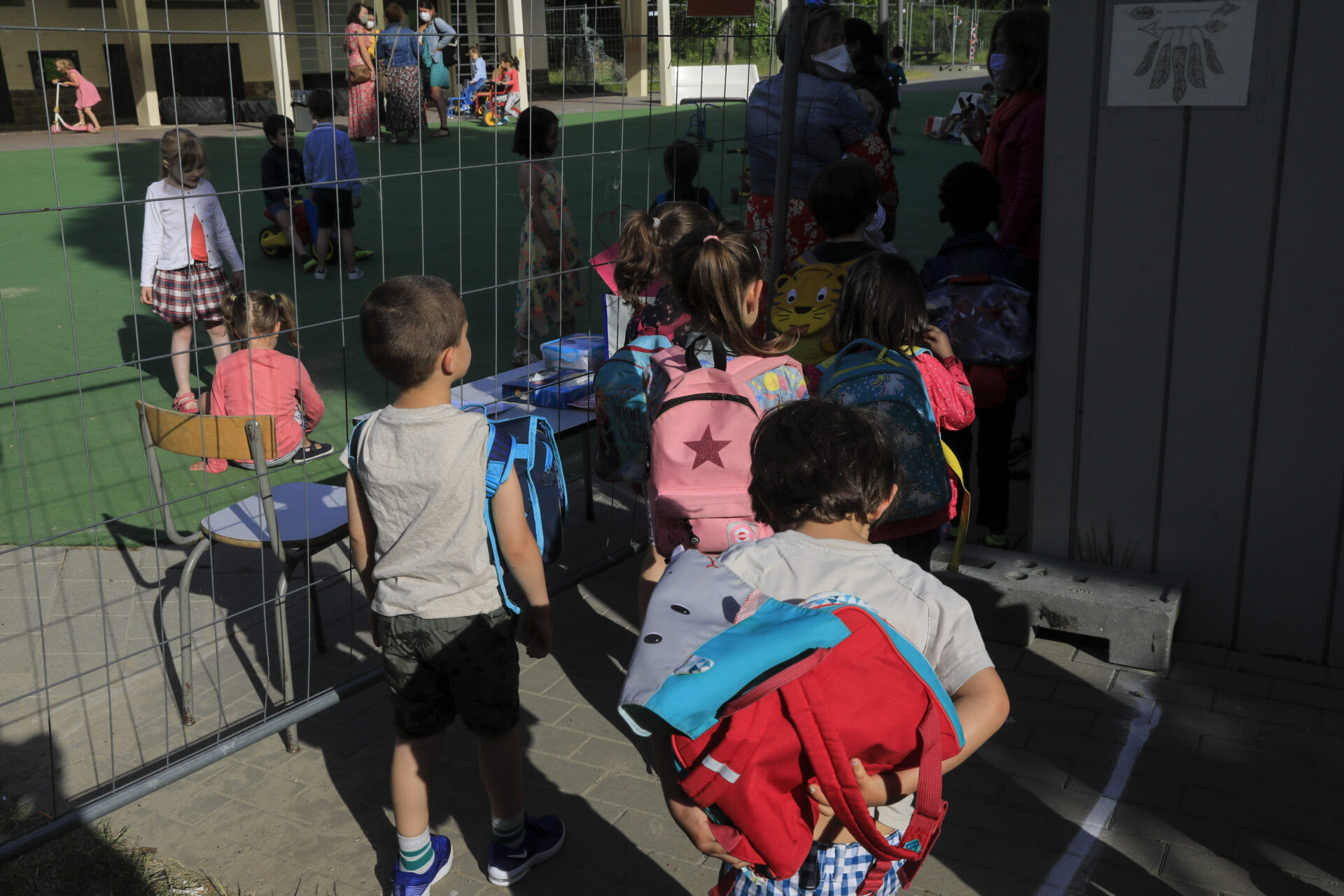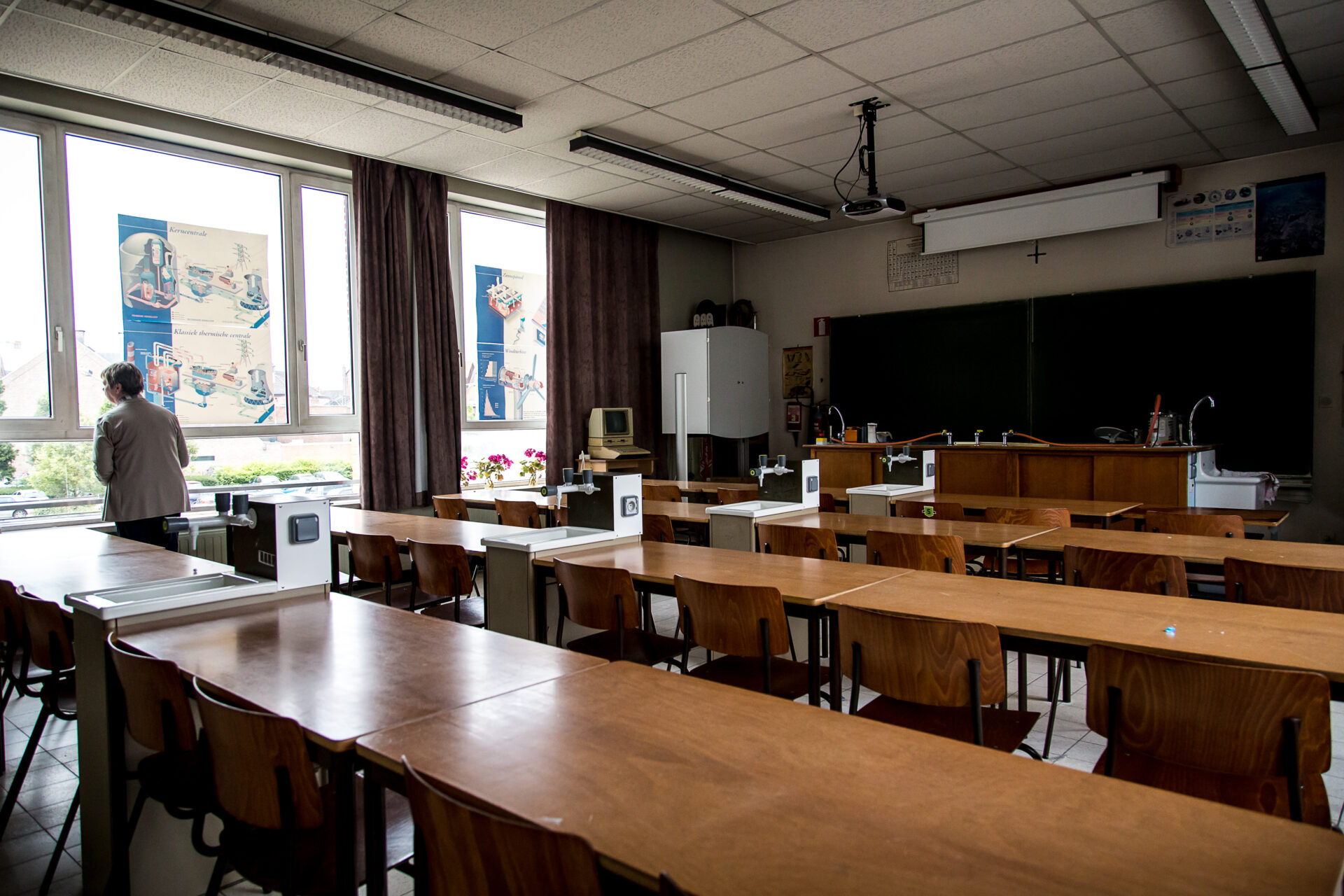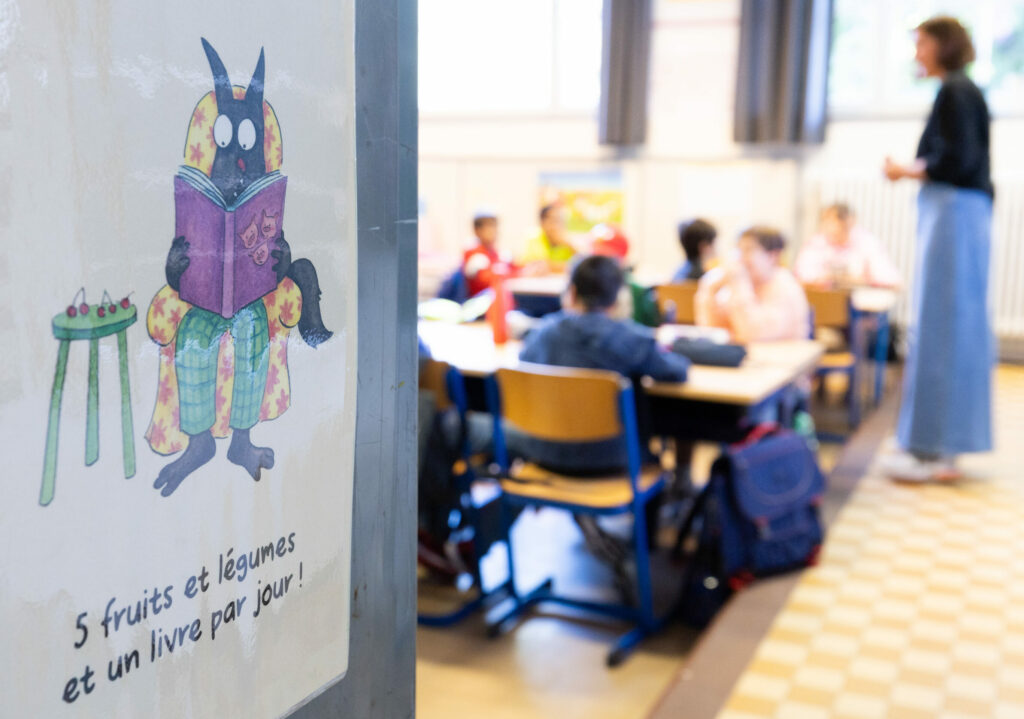One of the best-funded education systems in the EU and the OECD starts again this week as pupils go back to school. But does the high level of spending in Belgium equate to high levels of education?
Attending school is compulsory for children aged 6 to 18 in Belgium, where free education for these ages is written into the constitution.
Although every September parents face hidden and growing expenses – including forking out for back to school materials – Belgium does invest significantly in its education system.
What the numbers say
A 2023 report by the OECD (the Organisation for Economic Co-operation and Development which consists of 38 member countries) noted that from primary to tertiary education, Belgium's average annual spending per full-time pupil is €14,802.
This is well above the OECD average of $12,647 (€11,394) and Belgium also has one of the highest levels of public expenditure in the EU relative to its GDP (reaching 6.7% in 2020).
At primary level, Belgium has an average of 12 students per staff member; this goes down to around 9 per staff member in secondary school. These ratios are also better than the OECD averages – 15 pupils per staff member at primary level and 13 per staff member at secondary level.

Children arriving at a school in Brussels. Credit: Belga/ Thierry Roge
Education is one of the central responsibilities of Belgium's different language communities. This makes spending on education one of the biggest chunks of each community's annual budget (it is not paid by the Federal State).
Initial budgets show that the Flemish Community will spend more than €18.7 billion on education and training this year – almost 30% of total expenditure.
The share of spending is even higher in the French Community, where it accounts for around 72% of total expenditure, with €10.5 billion set to be forked out on education and training this year.
Belgium's much smaller German Community still has a proportionally high spend on schooling, with €190 million earmarked for education in 2024. This is equal to 26% of total expenditure but is still less than spending on health and infrastructure.
Slipping standards
Despite the high spending on education, student performance has recently declined in Belgium, according to international benchmarks.
The OECD Programme for International Student Assessment (PISA) compares education between countries. 2022 saw an unprecedented drop in performance across OECD countries.
In both the Flemish and francophone education systems, pupil performances declined. The drop was most pronounced in Dutch-language education (which traditionally ranks highly).
Performance levels at Dutch-speaking schools fell considerably more quickly than in almost all other countries, especially for reading. In French-speaking schools (which were already behind Flanders) scores also dropped, though not as steeply.
The debate on education reform
In both of Belgium's main language communities the PISA results have sparked harsh criticism of current education policies and have fuelled debates about how to turn things around.
Some educational experts (including authors of the PISA report) noted that the pandemic was a factor in poorer performance. A spokesperson for outgoing Flemish Education Minister Ben Weyts told The Brussels Times that his department had been focusing on structural education reforms to "turn the tide".

Credit: Belga/ Siska Gremmelprez
But bodies like APED (an education-focused Belgian NGO) argue that disappointing performance could be down to the widening gap between the achievements of privileged and disadvantaged students.
Opposition politicians in the outgoing Flemish parliament called for greater ambition from government. Groen party co-president Nadia Naji called the region's education system a "sinking ship" whilst Vooruit leader Hannelore Goeman criticised teacher shortages, a lack of Dutch knowledge and exams being scrapped.
Calls for greater investment in education are growing as Belgium struggles to rein in excessive spending and public debt, in line with EU requirements. With the State needing to save around €28 billion in the coming years, spending will likely be restricted, which could impact on national education standards.
As Belgium's politicians, like its students, are starting a new term this autumn, only time will tell if governments can improve their grades.

